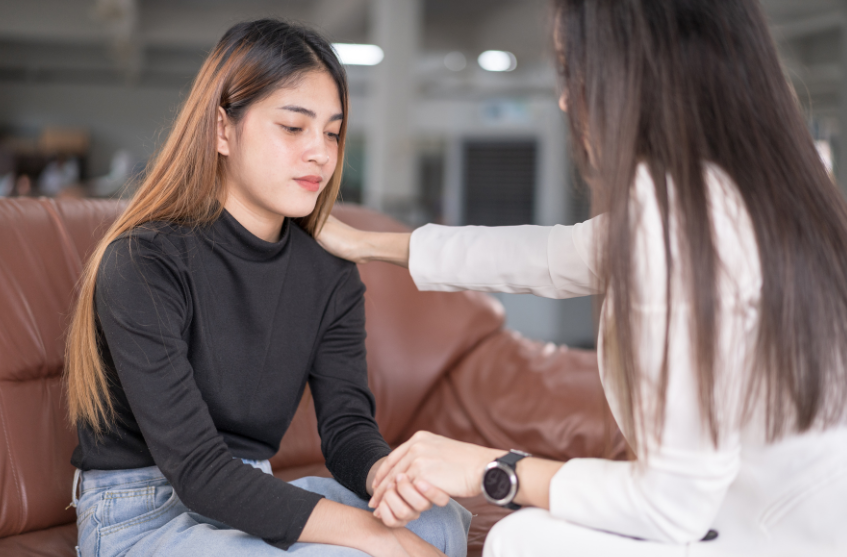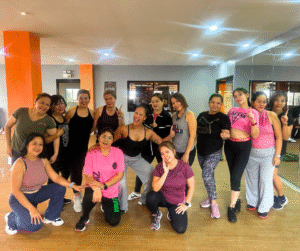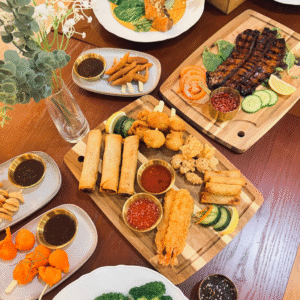Danna Quinto
We have heard of dark and sad stories about Filipino women (and less often, men) being victims of toxic relationships. The reality is that women would have to find the nearest and quickest exit from an abusive relationship to save themselves, quite literally.
Domestic abuse is a crime and it can happen to anyone, regardless of age, gender, sex, education or ethnicity. There are different types of domestic abuse, apart from physical abuse. The charity Refuge offers a guide on some questions on how to identify signs of domestic abuse.
Here are some steps if you find yourself in a difficult relationship and need to get out. You can also share this with someone who you feel may need some advice about domestic abuse.
Safety first – call the police if necessary
If things have gone out of hand, call the police. This is important to ensure your safety as well as the safety of any children involved. This is also vital to preserve any evidence and document incidents of abuse, which you can refer to when you are applying for your immigration status to be regularised or when applying for legal aid.
You can call the police discreetly or make a “silent” 999 phone call by pressing 55, if you are afraid that your abuser may overheard you calling the Police.
You can also call the freephone 24/7 National Domestic Abuse helpline at 0808 2000 247.
Prepare a “grab bag”
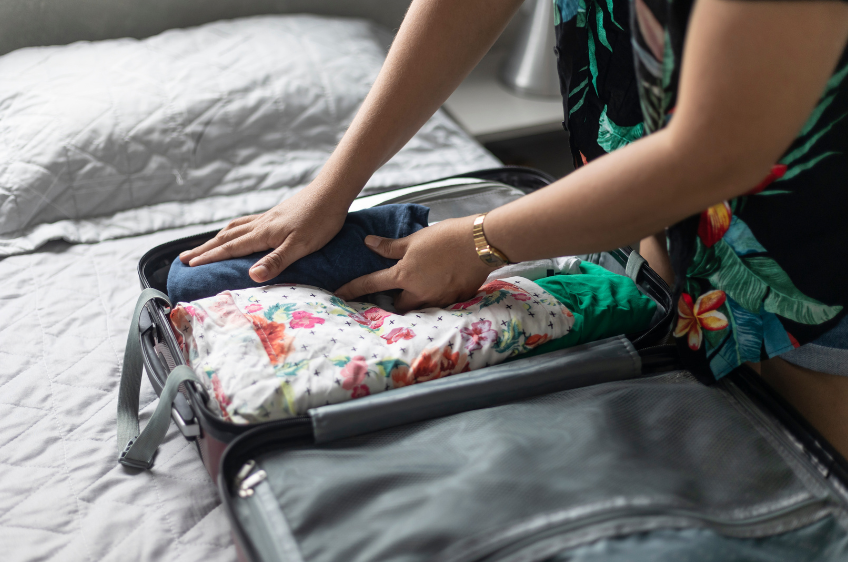
Have a “grab bag” or a “go bag” ready in case of emergency. Make sure to put all your important documents in your bag: passport, official papers, immigration documents and other evidence as well as essential items for you and your children. Having a “grab bag” will be handy in case of emergency, when you need to quickly leave the house for your and your children’s safety.
Ensure the safety and well-being of your children
I have mentioned this above, but I need to emphasise children’s safety here. Social services may be concerned if the children are not properly protected from an abusive and toxic environment at home. We have heard stories of children being removed from their homes and taken away from their biological parents because of safeguarding risks. Do seek help and ensure that the children’s welfare is also protected.
Talk to your GP
See your GP so that the physical or emotional/psychological abuse you have experienced are recorded and underpinned by medical evidence. The GP may have to report this is a safeguarding issue if you and/or the children are at risk in a toxic environment. They can also sign-post you to charities or other organisations who may be able to help you.
Know your legal options
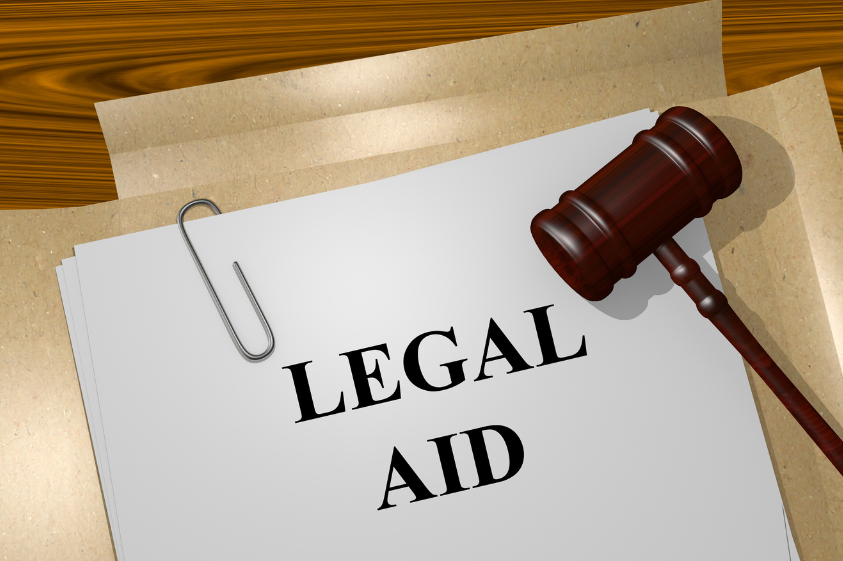
There are family law orders that are meant to protect domestic abuse victims from perpetrators. You can apply for a non-molestation order preventing your partner from continuing the abuse. This order is normally lodged with the local police who can ensure that this is enforced. You may also apply for a non-occupation order which will prevent the perpetrator from returning home or living with you.
Related article: How to spot signs of domestic abuse – and how to get help
Legal aid and other support
You may be eligible for legal aid and welfare or housing support from the local authority. Do enquire with local legal aid solicitors if you are eligible so you can apply for court orders without paying privately for the family law proceedings mentioned above. The local authority may also assist in promptly providing any welfare or benefit assistance that you are eligible for on the basis that you are a domestic abuse victim. For example, you can apply for housing assistance for you and your child if you are eligible.
Apply for Indefinite Leave to Remain or Permanent Residence
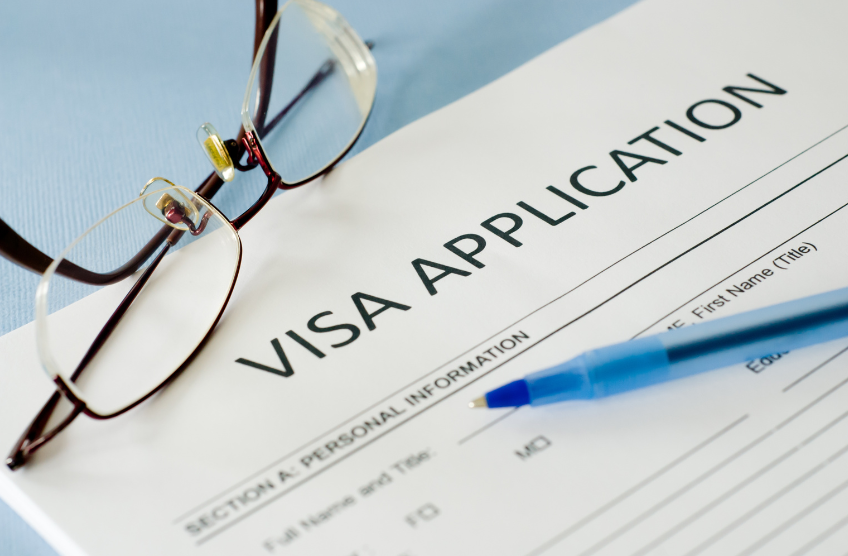
If you are on a Spouse Visa and a domestic abuse victim, you may be able to apply for an Indefinite Leave to Remain or permanent residence if you can prove that you have been a victim of domestic abuse. This means disclosing police records, GP/medical records, and other supporting documents.
Find local support groups
Find local women’s support groups in your area who can help with emergency accommodation, legal advice, counselling and other forms of support. For women, call Refuge or Women’s Aid and for men, call Men’s Advice Line. Research has shown that there is a risk of domestic abuse victims returning to their abusers for various reasons – cultural and religious pressure, financial needs, etc. Finding support groups who can help with safe accommodation and advice will no doubt survivors make the best decisions for themselves and their children if they have any.
It is vital as a community that we don’t pass judgment on those trapped in abusive or unhealthy relationships. Instead, we should endeavour to provide as much information and support to those who may need help so they can make an informed decision for their well-being and for the welfare of their children.
Disclaimer:
Content published by Tinig UK is for general information purposes only and does not constitute legal, medical, financial or professional advice. While we aim to ensure accuracy, we make no representations or warranties as to completeness or reliability. Readers should seek appropriate professional advice for their individual circumstances.
About the author

Danna Quinto, a proud Ilongga from Southern Mindanao, is an experienced solicitor specialising in civil litigation and family law. She was Managing Partner of Deo Volente Solicitors before establishing LawHer & Company Solicitors in 2023. She is a keen hillwalker, a novice rock-climber, and an endurance event enthusiast – perhaps to balance her quintessentially Filipino love for cooking and eating!

